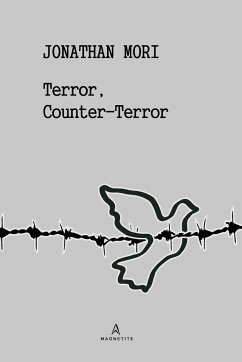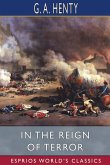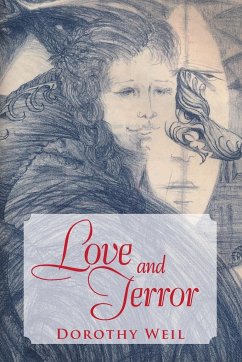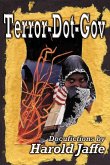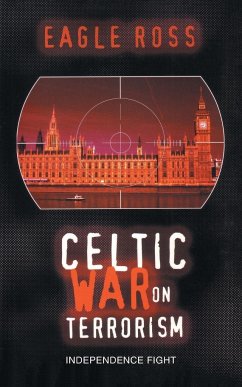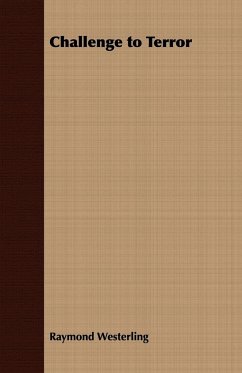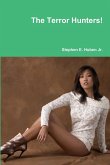Amnesic following a terrorist strike, John Fairchild, a divorced American journalist living in London is commissioned by an editor stubbornly insensitive to his new handicap (James Thoreau) to research the events leading up to the attacks. But crucially, John, unable to remember, has difficulty piecing together a life shrouded in failed memory, and the new deadline is the least of his worries. He starts receiving strange telephone calls, and finds letters to him from a woman calling herself Amal (hope in Arabic). During his research, he meets up with a young Palestinian doctor, Salah, in a dingy Hammersmith café. There, Salah tells the story of his grandfather who was caught up as an enemy agent during the 1948 war in Palestine, and of his family who lived afterwards as refugees in Lebanon. He speaks of the Israeli-Palestinian conflict from a Palestinian viewpoint, and highlights some of the injustices his people have suffered in the sixty or so years that have passed since the war... However, while still sheltering in the café from an increasingly British winter, John then tells his story: the story of his father, a Civil Rights campaigner in the Deep South during the 1960s, who was later caught up in the anti-Vietnam war movement, and a conspiracy against him. Both stories end in some form of tragedy, and both incriminate. Later, John makes an interesting discovery about some of his recent research on extremism and finds that perhaps his motives were more personal than he had at first imagined... Imploring, yet nonpartisan, Terror, Counter-Terror is an extensively researched novel exploring the zeitgeist at the beginning of the twenty-first century, and it touches a number of genres. Motivated by the life, thought (and death) of Martin Luther King, it is certainly the author's most moving and politically inspired work to date. 'A talented author' [whose] 'books are very original' - Darin Jewell (literary agent)
Hinweis: Dieser Artikel kann nur an eine deutsche Lieferadresse ausgeliefert werden.
Hinweis: Dieser Artikel kann nur an eine deutsche Lieferadresse ausgeliefert werden.

